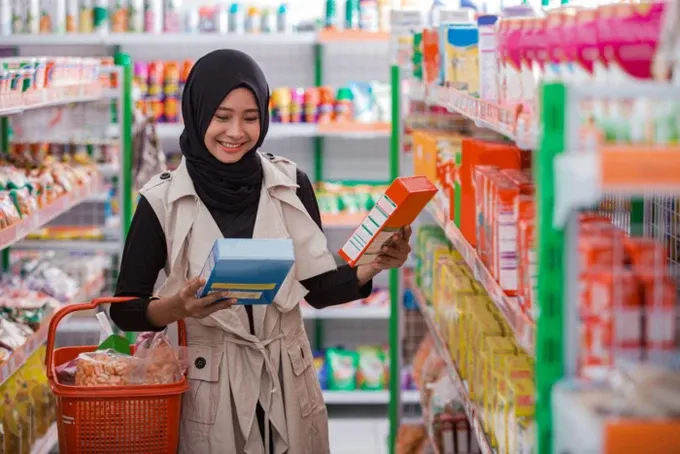
At the international conference "Innovation, integration and sustainable development" held on today in Hanoi, Associate Professor Nguyen Hoang, President of the University of Commerce commented that the Halal market has great potential with more than 2 billion Muslims worldwide, especially in the ASEAN region and Asia.
With its established strengths in agriculture, food production, tourism, and extensive international integration, Vietnam possesses significant inherent advantages for the development of its Halal industry.
Engagement in the Halal market offers Vietnam the dual advantages of export diversification and tourism development, while also attracting investment from international corporations, thereby enhancing the competitiveness of Vietnamese enterprises.
According to experts, by 2023, the Halal food industry reached a revenue of US$2,300 billion. The Halal food market is forecast to reach $5,300 billion by 2030, with an annual growth rate of 10.5 percent.
Ambassador Ali Akbar Nazari of the Islamic Republic of Iran stated that Vietnam has the potential to serve as a significant entry point to access the largest Halal market in both Asia and West Asia. He emphasized Iran's willingness to assist Vietnam with Halal certification and to share technical expertise.
In a move to further Vietnam's engagement with the Halal market, Ambassador of the Kingdom of Morocco to Vietnam Jamale Chouaibi proposed a collaborative effort between the two nations to establish a robust Halal certification infrastructure. This initiative aims to streamline the certification process for Vietnamese products, thereby creating enhanced opportunities for their entry into the significant markets of Africa, the Middle East, and Europe.
























